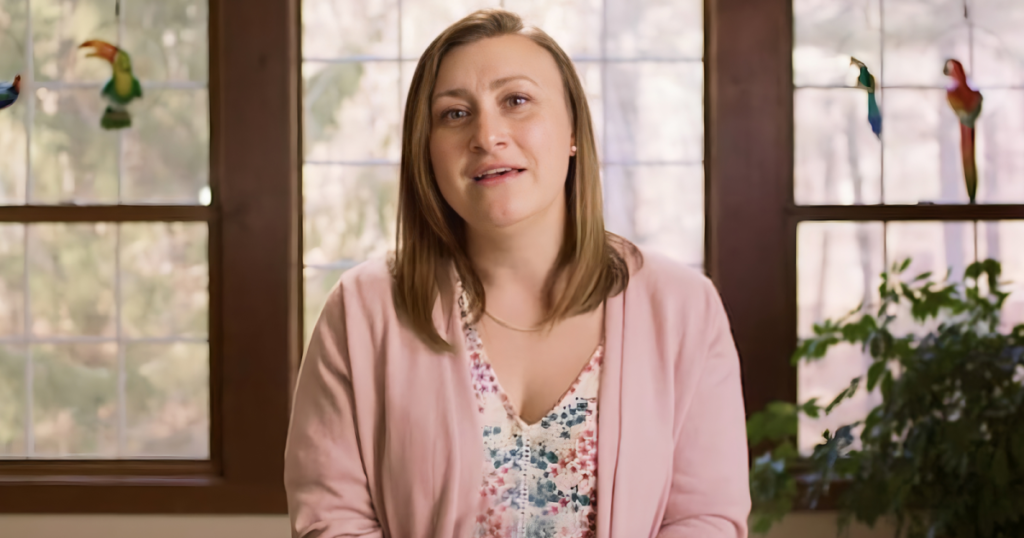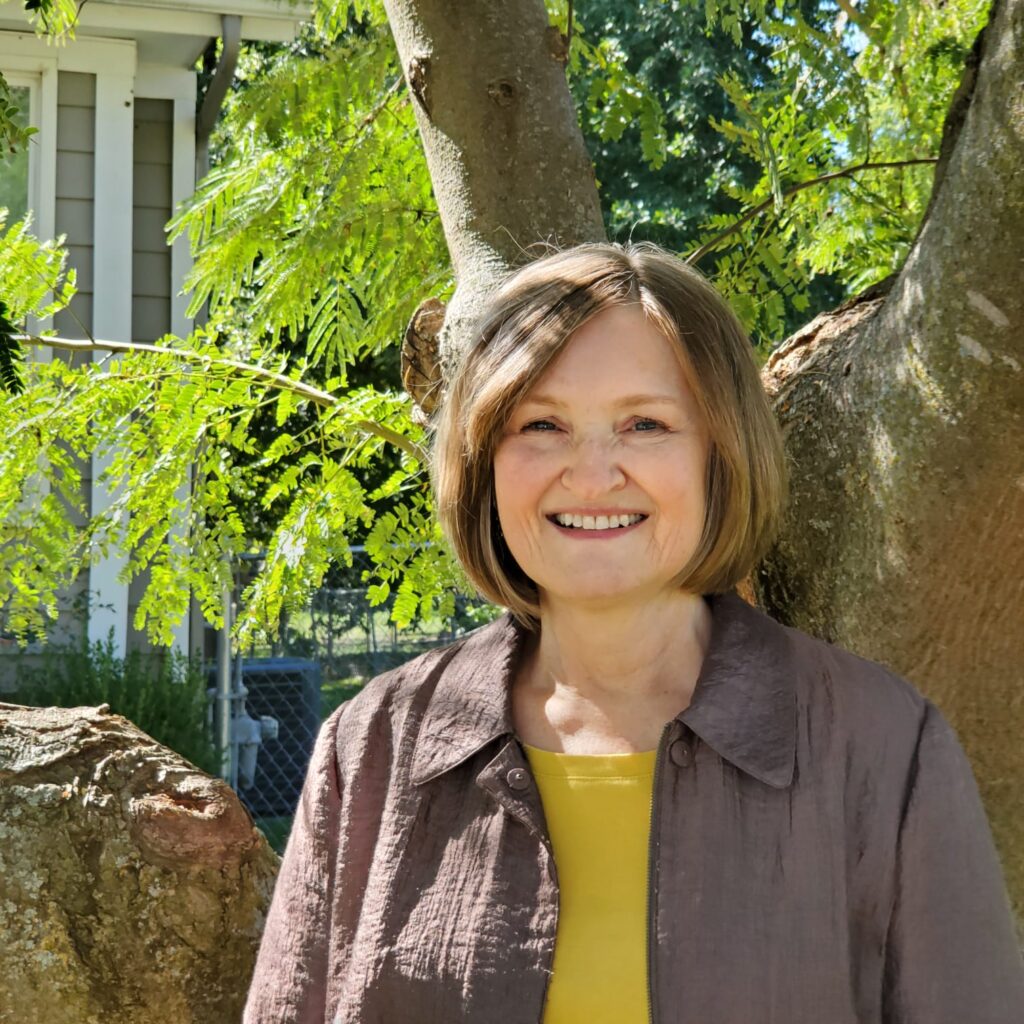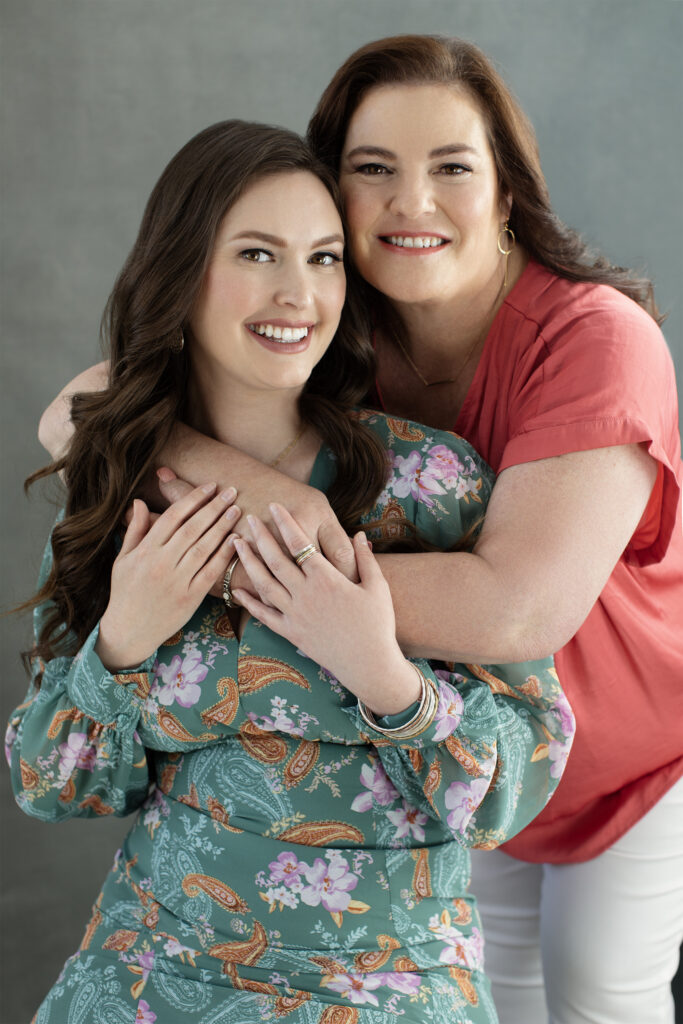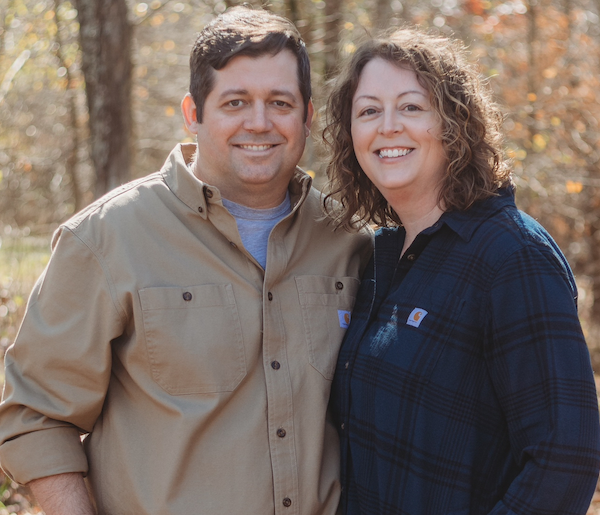April is Cancer Prevention and Early Detection Month, a time to remember the importance of getting routine cancer screenings and learning how early detection can lead to better outcomes. Over the past 18 years, 23andMe has helped thousands of people discover that they have genetic variants that can raise their risk for certain cancers. This allowed them to work with healthcare professionals to get more frequent screening, catch potential cancers earlier — and in some cases prevent those cancers altogether.
BRCA-Related Cancers
Specific genetic variants in the BRCA1 and BRCA2 genes are associated with an increased risk of developing breast, ovarian, prostate, and pancreatic cancer. Studies have found that more than 80% of people with a BRCA1 or BRCA2 variant don’t know they have one, often because they don’t have a family history of cancer that would qualify them for traditional genetic testing through a healthcare professional. This means they can’t take steps to reduce their cancer risk, or to catch cancers early through earlier and more frequent screening.
23andMe has helped identify many people who have fallen through the cracks of the clinical genetic testing system. We’ve provided risk information to more than 15,000 customers with one of the 44 BRCA1/2 variants we test for*, and we’ve heard from many individuals who never would have otherwise known their BRCA status. Here are some of their stories:
Ann
“We all feel tremendously lucky that we could make a decision about our bodies and our health from a place of being healthy . . . Not only do I feel like 23andMe saved my life, [it] saved my mother’s life and my two sisters’ lives as well.”
When she was in her early thirties, Ann learned she had been conceived by a sperm donor. She decided to take the 23andMe test when she was asked at a medical exam if she had a family history of breast cancer and realized she didn’t know the answer.
Jill
“This whole experience is very empowering. I was able to take information about my genetic code and keep myself healthy . . . I’m 100% thankful for 23andMe, and I truly believe it saved my life.”
When Jill and her husband took the 23andMe test on World DNA Day, her husband was interested in learning about his traits and family history. But for Jill the stakes proved to be considerably higher.
Hilary
“It was shocking to me, because I never would have gotten this test taken. No doctor would have ever asked me to do this, because nobody in my family had ever had breast cancer or ovarian cancer.”
Hilary decided to take the 23andMe test after hearing about a friend’s 23andMe experience at a party. What she learned from her 23andMe results changed her life.
Jenn
“If I had not used 23andMe, I would not have taken the steps that I have taken to ensure that I live a long and healthy life. My Dad would likely not have found his prostate cancer until it was too late. Thank you, 23andMe.”

When she began exploring her 23andMe results, Jenn knew she’d learn something interesting about herself — her traits or her ancestry. But she hadn’t expected to find out something so profoundly important for both her and her family’s health.
Jane
“Power comes from knowledge. Sticking your head in the sand isn’t a good strategy, especially when there is so much that can be done.”

When Jane learned from 23andMe that she carried a BRCA1 variant, she was shocked but not surprised. Her mom died from breast cancer. “I’ve lived with this whole breast cancer cloud hanging over me for my whole life.”
Laura
“Knowledge truly is power. Finding out I am BRCA positive gave me the chance to change my destiny.”
Looking back on it all now, it’s surprising for Laura to see how it happened so fast, and how lucky she’d been. And none of it would have occurred if her best friend hadn’t off-handedly suggested she use 23andMe.
Kristy
“I was given the gift of knowing. Some people never get that chance.”
Kristy never got to know her dad. He died when she was just two. But she learned from 23andMe that he was 100% Ashkenazi Jewish. Two years later, she found out just how important knowing her ancestry was — for her health.
Shannon + Kenzie
“I think for me, how quickly we were able to move through this process to take control, that’s powerful. Kenzie reminds me of how blessed we are to have this knowledge. Look at what we’ve been able to do, not to get breast cancer. It’s an inspiration.”

Because mom and daughter Shannon and Kenzie didn’t have a family history of breast cancer, or at least not that they knew, they never suspected that they might have one of the variants that carry a risk. None of their doctors suggested genetic screening. If not for 23andMe, “I would have never been tested for it,” said Kenzie.
Sarah
“I really believe 23andMe saved my life. If I never received that information I don’t know if I’d be sitting here in a couple of years.”

Sarah felt a tug to order a 23andMe kit; she couldn’t explain why. But she’s grateful she did: If she hadn’t gotten tested through 23andMe, she might not have discovered bilateral breast cancer until many years later, and by then it may have been too late to successfully treat.
Jessica
“If it were you, or your daughter, your mom, your best friend, wouldn’t you want them to know this information so they could do something about it?”
Jessica knows that there are many women who have slipped through the cracks of our current genetic testing system, in many cases because they don’t have a family history of breast or ovarian cancer. “There are many women walking around with this risk, who, like me, would have never known of their own risk but for this test from 23andMe.”
Laura O
“I am not sure I will ever be able to repay the gratitude I have for 23andMe,” Laura said. “(It’s allowed) me to hopefully stop cancer before it could stop me.”
Laura, a healthy mother of three and a former All-American middle-distance runner, was stunned when she opened her 23andMe reports. None of the women in her family had had breast or ovarian cancer. But “I knew fear and feeling sorry for myself was not an option.”
Colorectal Cancer
MUTYH-associated polyposis (MAP) is a hereditary colorectal cancer syndrome. People with two variants in the MUTYH gene tend to develop colon and rectal polyps and have an increased risk of developing colorectal cancer. Hear Jarrod’s story of finding out about his MUTYH status:
Jarrod
“This test has saved my husband’s future, with myself and our children. So thankful this was found, and my 43-year-old husband can hopefully have a healthy and long future!”

For Christmas a few years back Jarrod and Ginger Lyle gifted each other 23andMe Health + Ancestry kits. Ginger said 23andMe turned out to be a much bigger gift than she’d ever expected. After learning he had two variants linked to MUTYH-associated polyposis, Jarrod started undergoing colorectal cancer screening. If he had waited until later for a routine colonoscopy, Jarrod’s doctor believes Jarrod would have had progressive cancer.
Hear other stories
These stories are powerful reminders of how knowledge can truly save lives. Through genetic insights, 23andMe has helped thousands uncover hidden health risks and these individuals were able to take action, get screened, and in many cases, make life-changing decisions that helped prevent cancer or catch it early. Read the stories of other customers who have learned more about their health, ancestry, and families with 23andMe.
*The 23andMe PGS test uses qualitative genotyping to detect select clinically relevant variants in the genomic DNA of adults from saliva for the purpose of reporting and interpreting genetic health risks including the 23andMe PGS Genetic Health Risk Report for BRCA1/BRCA2 (Selected Variants). It is not intended to diagnose any disease. Your ethnicity may affect the relevance of each report and how your genetic health risk results are interpreted. Each genetic health risk report describes if a person has variants associated with a higher risk of developing a disease, but does not describe a person’s overall risk of developing the disease. The test is not intended to tell you anything about your current state of health, or to be used to make medical decisions, including whether or not you should take a medication, how much of a medication you should take, or determine any treatment. Warnings & Limitations: The 23andMe PGS Genetic Health Risk Report for BRCA1/BRCA2 (Selected Variants) is indicated for reporting of 44 variants in the BRCA1 and BRCA2 genes. The report describes if a person’s genetic result is associated with an increased risk of developing breast cancer and ovarian cancer and may be associated with an increased risk for prostate cancer, pancreatic cancer, and potentially other cancers. The variants included in this report do not represent the majority of the BRCA1/BRCA2 variants in people of most ethnicities. The MUTYH-Associated Polyposis Genetic Health Risk Report is indicated for reporting the Y179C and G396D variants in the MUTYH gene and an increased risk for colorectal cancer. The two variants included in this report are most common in people of Northern European descent. These reports do not include variants in other genes linked to hereditary cancers and the absence of variants included in this report does not rule out the presence of other genetic variants that may impact cancer risk. These reports are for over-the counter use by adults, and provide genetic information to inform discussions with a healthcare professional. The PGS test is not a substitute for visits to a healthcare professional for recommended screenings or appropriate follow-up. Results should be confirmed by in a clinical setting by your own healthcare provider before taking any medical action. For important information and limitations regarding genetic health risk reports, visit https://www.23andme.com/test-info.




